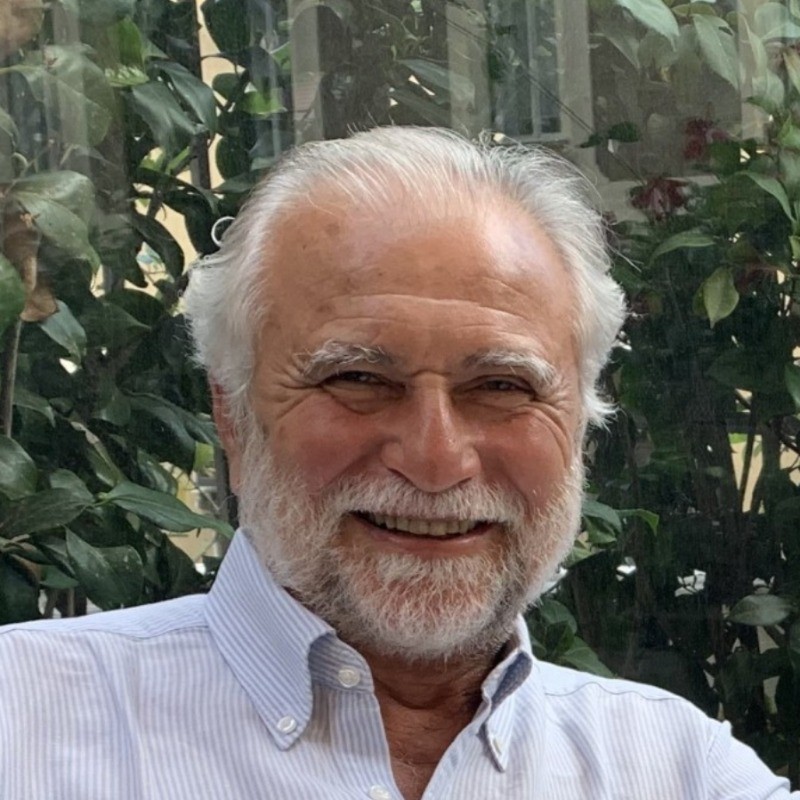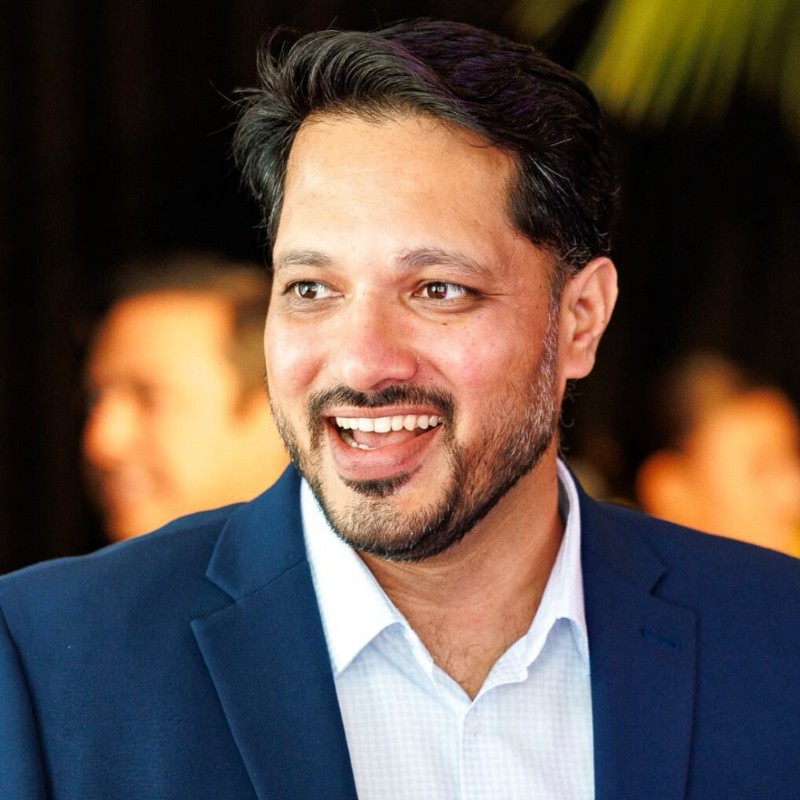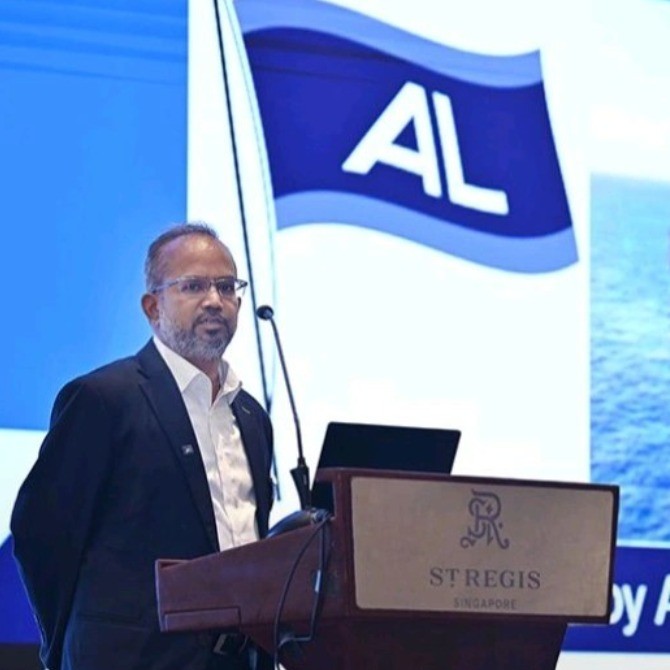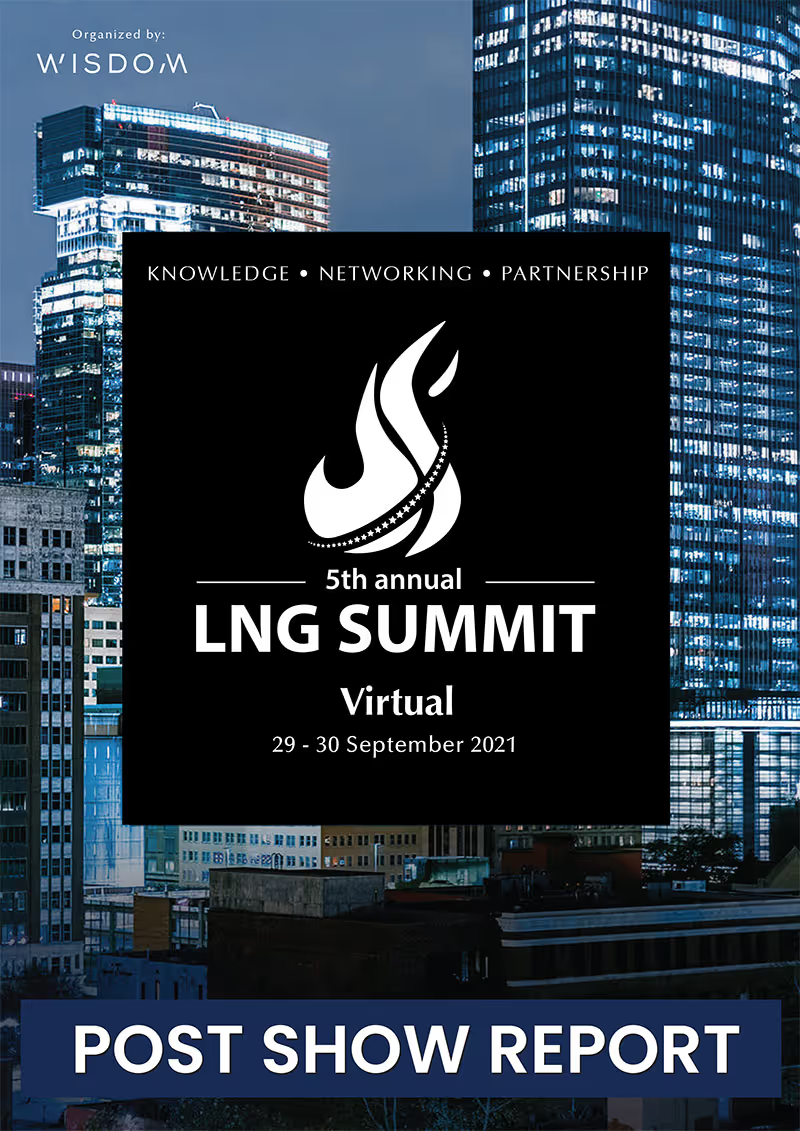

Q: What exciting projects are you working on?
Personally using renewable power at home, including a 17kW PV system and PHEV car. Professionally advising BB Energy, Fiamma 2000, and Assocostieri on LNG and energy transition projects in Italy and Africa.
Q: Key technological advancements in maritime?
Q: Importance of collaboration?
Critical to expedite ecological transition. Oceans are being destroyed in pursuit of the cheapest logistics.
Q: Decarbonization in your work?
All projects aim at "Net Zero Emissions" using CCU and CCS technologies.
Q: Challenges in digitalisation?
Good tech exists. Financing remains the biggest barrier.
Q: Geopolitical impacts?
Carbon taxes are supporting greener practices. Political crises are slowing the transition. The industry must remain steadfast.
Q: Dark Fleet issues?
Criminal activities are rejected, but lack sufficient insights into global enforcement efforts.
Q: MASS readiness?
Automation is promising but liability issues remain a concern.
Q: Final message to the industry?
There’s no time left to delay. Everyone must act now for a cleaner and safer maritime future.


Q: What projects are you currently involved in?
Q: Key technological advancements in maritime?
Q: Importance of collaboration?
It varies: low if poorly managed, medium in politically motivated setups, and high if open, well-led, and passion-driven.
Q: Decarbonization efforts?
Not applicable to UNWME. However, the office is off-grid and waste-free.
Q: Key challenges and breakthroughs in digitalisation?
Challenge: Alignment among stakeholders.
Breakthrough: 2024 digital verification pilot involving major global players (GSBN, COSCO, OOCL, MSC).
Q: Geopolitical impact?
Q: Dark Fleet issues?
Q: MASS readiness?
Feasible for small-scale applications. Caution needed for large vessels in current geopolitical contexts.
Q: Final message?
Discussions and MoUs with clear timelines and contractual frameworks are urgently needed.


Q: What are the most critical and exciting projects you are and will be involved in the near future?
Port optimisations and reducing waste from port calls.
Q: What are major technological advancements on the horizon for the maritime sector in your view?
Q: How important is collaboration in tackling the industry's biggest hurdles?
Essential. No single company can build global green fuel infrastructure alone. Shared standards and aligned regulations support digitalisation and innovation. Cross-sector partnerships accelerate R&D, tech scale-up, and workforce transition. Maersk leads by catalyzing global alliances and system-wide coordination.
Q: Could you share your perspective on decarbonization efforts in your company?
Maersk is deploying dual-fuel methanol vessels, securing green supply contracts, and retrofitting existing ships. Scaling green fuel production and cost reduction are key. Regulatory pushes and tech rollouts (e.g., ammonia and bio-LNG) will support achieving net-zero by 2040. Maersk also ensures terminals and suppliers align with this goal.
Q: What are the key challenges and breakthroughs of ports and shipping digitalisation?
Challenges:
Breakthroughs:
Q: How are geopolitical uncertainties and trade dynamics impacting maritime?
Tensions and shifting trade patterns disrupt routes and raise risks. The industry must invest in ESG readiness, real-time risk intelligence, and diversify trade lanes. Adaptability is critical for resilience.
Q: How ready is the industry for Maritime Autonomous Surface Ships (MASS)?
MASS is progressing in niche applications but global deployment is 5–10 years away. Readiness varies across technology, regulation, infrastructure, and workforce.
Q: Any message for the industry?
The future depends on bold collaboration. We must accelerate decarbonization, embrace digital innovation, and support workforce transformation. Only together can we steer the industry toward a sustainable future.


Q: What are the most critical and exciting projects you are and will be involved in the near future?
New-building projects – container vessels, fuel conversion projects.
Q: What are major technological advancements on the horizon for the maritime sector in your view?
Fuel cell systems, CO2 capture systems.
Q: How important is collaboration (between companies, sectors, or nations) in tackling the industry's biggest hurdles and driving progress?
Extremely important to achieve emission targets set by IMO and EU.
Q: Could you share your perspective on the current state and future predictions into decarbonization efforts in your company?
We have a three-pronged policy:
Q: What are the key challenges and potential breakthroughs of ports and shipping digitalisation?
Challenges:
Breakthroughs:
Q: How are current geopolitical uncertainties and shifting trade dynamics impacting the maritime world, and how can the industry navigate these complexities?
Very difficult question due to the complex nature of geopolitical uncertainties. The industry might adapt to challenges by shifting capital and operational focus.
Q: What are the major issues related to the Dark Fleet and the potential industry response to secure legal activity in shipping logistics?
Industry must make its voice heard on fair political and trade policies across the globe.
Q: How ready is the industry for full implementation of Maritime Autonomous Surface Ships (MASS)?
The industry is not ready. Consider what happens when unregulated forces take control of a 100,000 DWT oil tanker.
Q: Is there any message you would like to share with the industry?
Please formulate, agree, and enforce vessel reporting standards. We are already out of time. This is a major bottleneck for collective technological advancement.

Post Show Report of Smart Ports 4.0 Summit (Virtual), 2021 event

Post Show Report of Virtual Maritime Week, 2020 event

Post Show Report of 5th LNG Summit (Virtual), 2021 event